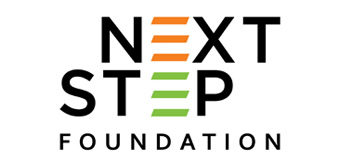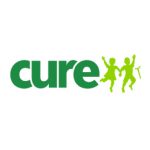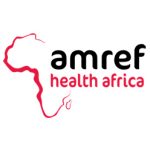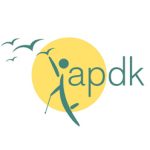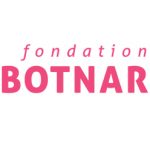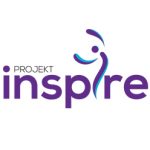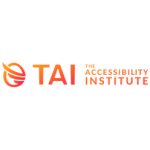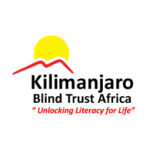Born after a pregnancy loss, Mariam’s mother was able to carry her to term but had a sense that something was wrong.
“My mom said she was terrified but gathered her energy because there were already negative vibes from the family about the fact that I could have a disability,” Mariam shares.
Mariam was born breech (legs first) and experienced a brief period of oxygen deprivation. After her birth, she spent a week in an incubator.
In Kenya, where there is a stigma around disabilities, Mariam’s unconventional entrance into the world continued with the choice of her name. According to Kikuyu tribe tradition, she was supposed to be named after her paternal grandmother. However, that side of the family completely rejected Mariam when her disability was revealed.
When it was time to leave the hospital, Mariam’s mother faced unsolicited advice, including the suggestion that Mariam be strangled to avoid bringing further stigma to the family.
“Everyone told my mother I would be a burden and never grow to be anything,” Mariam shares.
As Mariam describes how her mother refused to listen to naysayers, it becomes clear where her own determination and resilience stem from.
When Mariam was unable to stand by the age of three, her mother took her to a doctor. After seven months and six surgeries, Mariam was finally able to stand with the help of a walker. By the age of seven, she progressed to using crutches, and a year later, she started using a single caliper.
A trailblazer, Mariam educated her schools about the importance of accessibility and equity. Whether it was a student temporarily disabled by injury or another person with a disability, Mariam taught teachers and administrators the value of inclusion.
During secondary school, Mariam received what she refers to as a dual education: academic learning and the realization of how to navigate life with a disability. She merged the goal achievement lessons taught by her mother with the patience she needed for herself regarding her disability.
Mariam continued her education and studied counseling psychology at the East Africa Institute of Certified Studies. She was eager to enter the workforce, but the Kenyan job market was not prepared for her.
“The work-world only saw my disability, not my potential. I couldn’t find a job,” Mariam explains.
After three long years, a former classmate reached out to her:
“He told me about an opportunity specifically for persons with disabilities. I thought, ‘Here, I will fit in.’ It was my first paying job. Next Step Foundation saw beyond my disability. I have the opportunity to do work I thought would only be offered to someone without a disability. It’s an amazing journey.”
